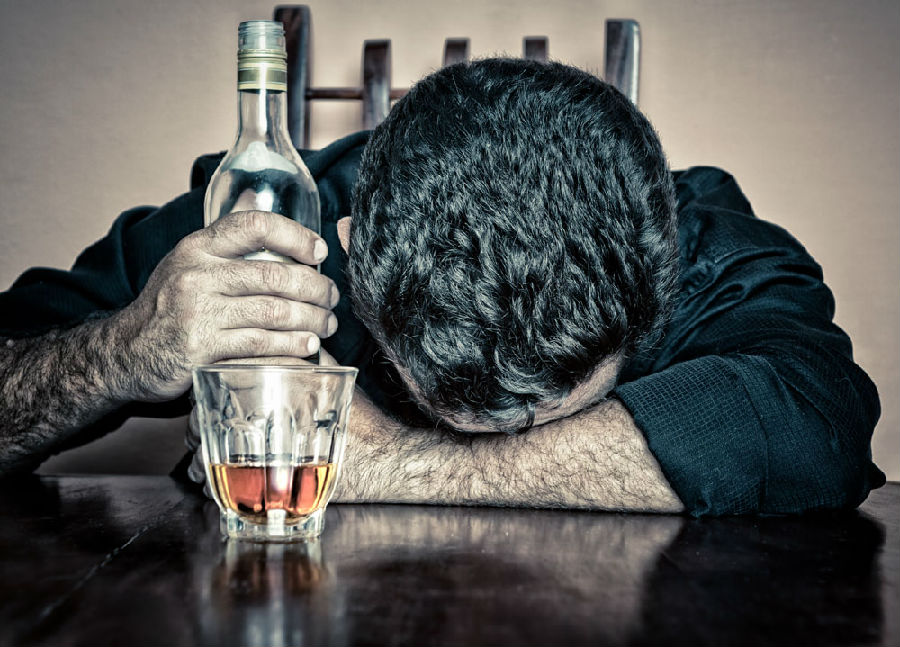(单词翻译:单击)
听力文本
This is Scientific American — 60-Second Science. I'm Christopher Intagliata.
Volunteers in scientific studies sometimes get compensated. The payment can be cash, a gift card or something almost worthless: "It's amazing what people will do for a lollipop, when they've had a few drinks."
Simon Moore is a professor of public health research at Cardiff University in the U.K. And the lollipops were for people who agreed to blow into a breathalyzer, while out on a Friday or Saturday night in Wales—more than 1,800 people agreed to the exchange. The scores covered a wide range of alcohol intake. "So that would go from zero upwards. I think one of the largest scores we had was 120, which is a near death experience."
The researchers also gave a subset of volunteers a short survey about drinking habits and health risks. Questions like: "How drunk are you right now?" and "How extreme has your drinking been tonight?" And they found that even very drunk respondents felt relatively more sober, if they were surrounded by even drunker people. In other words: our perception of intoxication—and its risks—is relative.

"So this is the point, as you change context, perceptions will change, although the absolute level of alcohol in their system doesn't change." The study is in the journal BMC Public Health.
Moore says one way to use this finding is for better city zoning. "In the United Kingdom for example there's been a big push to put more premises that sell alcohol in the same district, in the same area. And what this does is create a concentration of drinkers. So what we might argue from this is, well let's try to break that up a little bit." Have a mix of bars, restaurants, cafes and cinemas, so drinkers will be around relatively sober people, too, instead of fellow inebriates. Which might encourage drinkers to nurse their drinks…and thus avoid the ER.
Thanks for listening for Scientific American — 60-Second Science Science. I'm Christopher Intagliata.
参考译文
这里是科学美国人——60秒科学。我是克里斯托弗·因塔利亚塔。
参加科学研究的志愿者们有时会得到报酬。这些报酬可能是现金、礼物卡、或是没有什么价值的东西:令人惊奇的是人们在喝了几杯酒为了一根棒棒糖所做的事。
西蒙·穆尔是英国卡迪夫大学公共健康研究教授。这些棒棒糖是为同意对酒精含量测试器吹气的人准备的,这些人是会于周五、周六晚上在威尔士享受夜生活的人,最后有超过1800人同意参加这种交易。测试结果是这些人的酒精摄入量分布较广。“所以,那会从零开始向上增长。我想我们得到的最高分值是120,这是一次濒死体验。”
研究人员还对小部分志愿者进行了饮酒习惯以及健康风险的简短调查。问题如下:“你现在喝醉了吗?你今天晚上喝到极限了吗?”结果发现,即使喝得烂醉的受访者也感觉比较清醒,当然前提是他们周围还有更醉的人。换言之,我们的醉酒知觉和醉酒的风险是相关的。
所以,这就是关键了,当环境改变时,我们的知觉也会改变,但其实体内酒精的真实含量并没有变化。该研究结果发表在《英国医学委员会公共健康》期刊上。
穆尔表示,可以将此研究结果用于改善城市区域的划分。“比如,英国已经在大力推行让更多售酒店铺集中在同一个街区和同一个地区。这样做是为了让饮酒者集中起来。我们也许会对此提出质疑,我们应尽量对这种情况作出一点抵制。”如果有更多的酒吧、饭店、咖啡店以及电影院这样的混合商区,那么饮酒的人周围也会有相对清醒的人,而不是同样烂醉的人。这也许能鼓励饮酒的人关注自己的饮酒习惯,这样就可以避免被送到急诊室。
谢谢大家收听科学美国人——60秒科学。我是克里斯托弗·因塔利亚塔。
译文为可可英语翻译,未经授权请勿转载!
重点讲解
重点讲解:
1. in other words 换言之;换句话说;也就是说;
例句:In other words, we had better take sufficient recreation to relax after work.
换句话说,我们最好工作后,消遣消遣来轻松一下。
2. break up (使)分裂;(被)拆分;(使)破碎;
例句:Police tried to break up the gang.
警察试图瓦解黑帮。
3. instead of 代替…;而不是…;
例句:He chose the gun instead of the cap and gown.
他选择当兵而不是上大学。
4. encourage sb. to do sth. 鼓励;激励;
例句:If he should fail, we would encourage him to try again.
万一他失败,我们就鼓励他再试一次。


